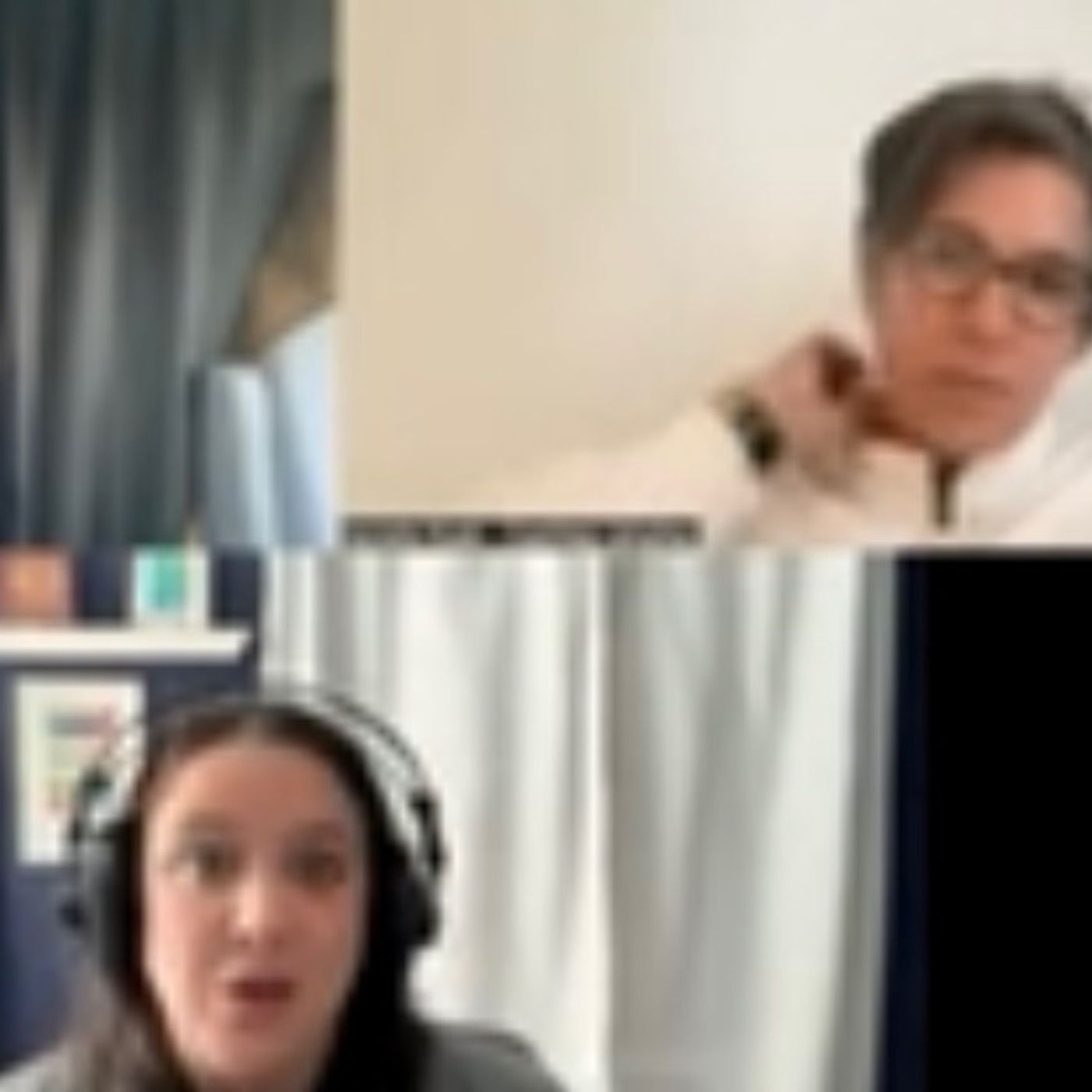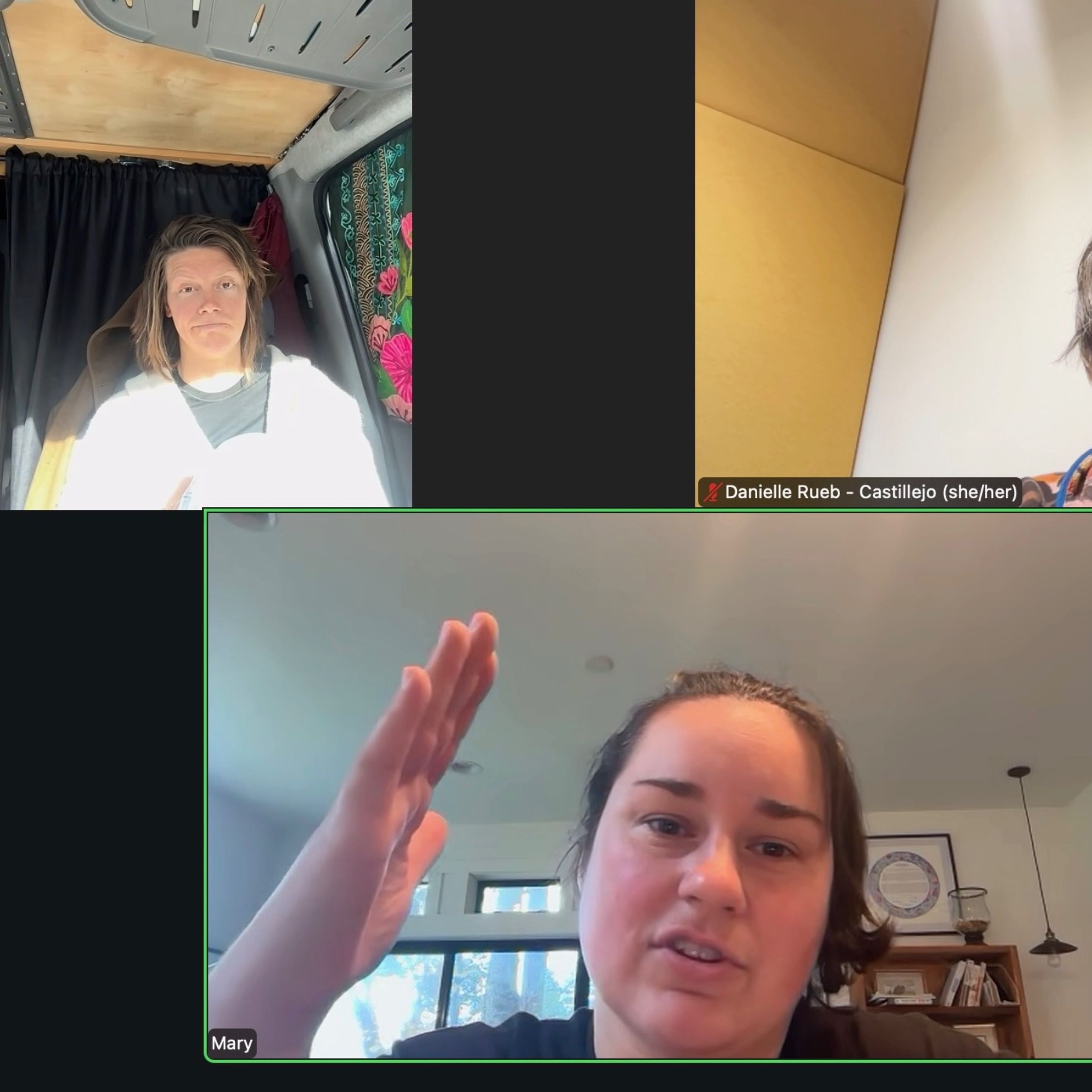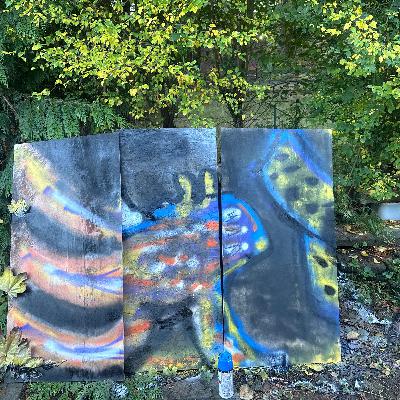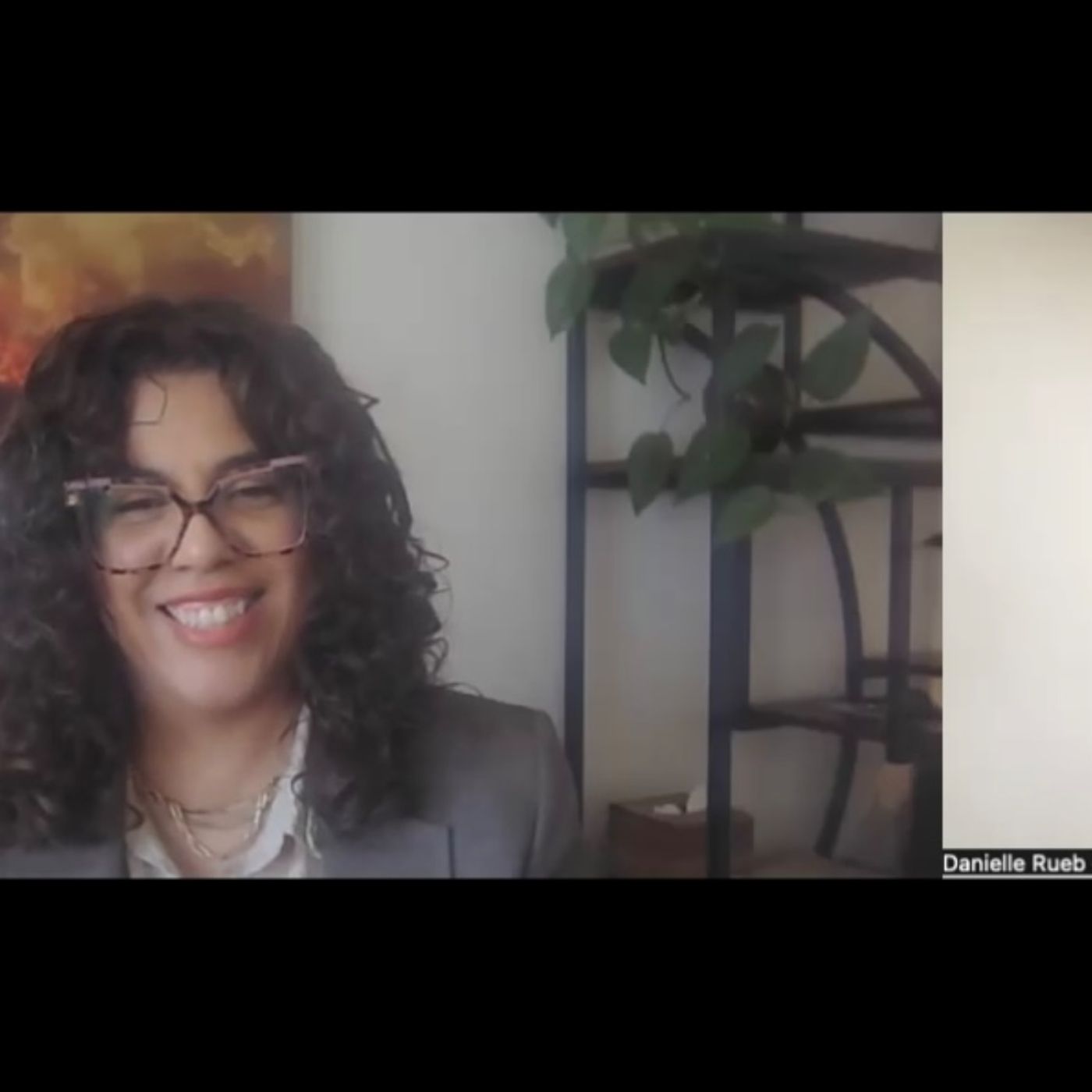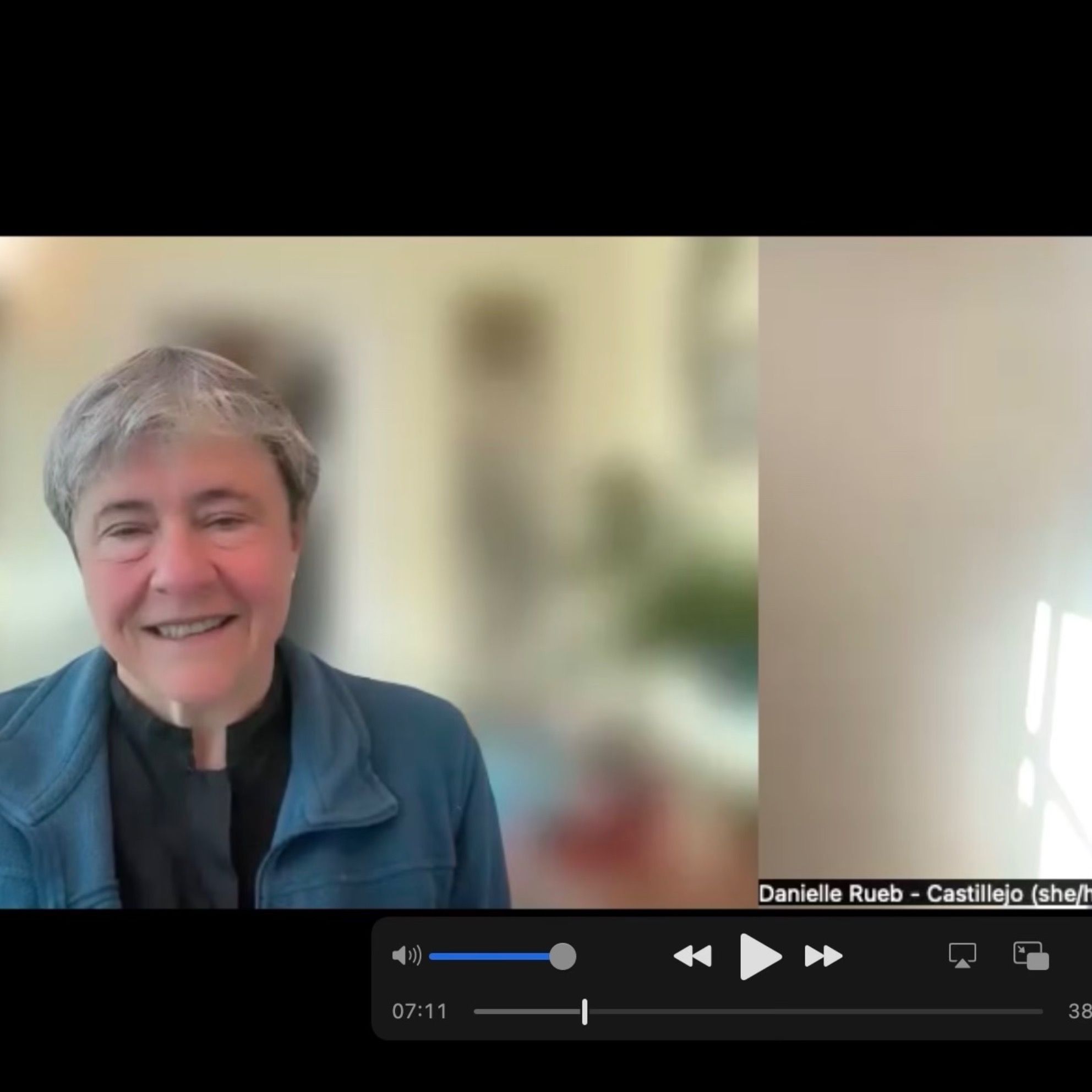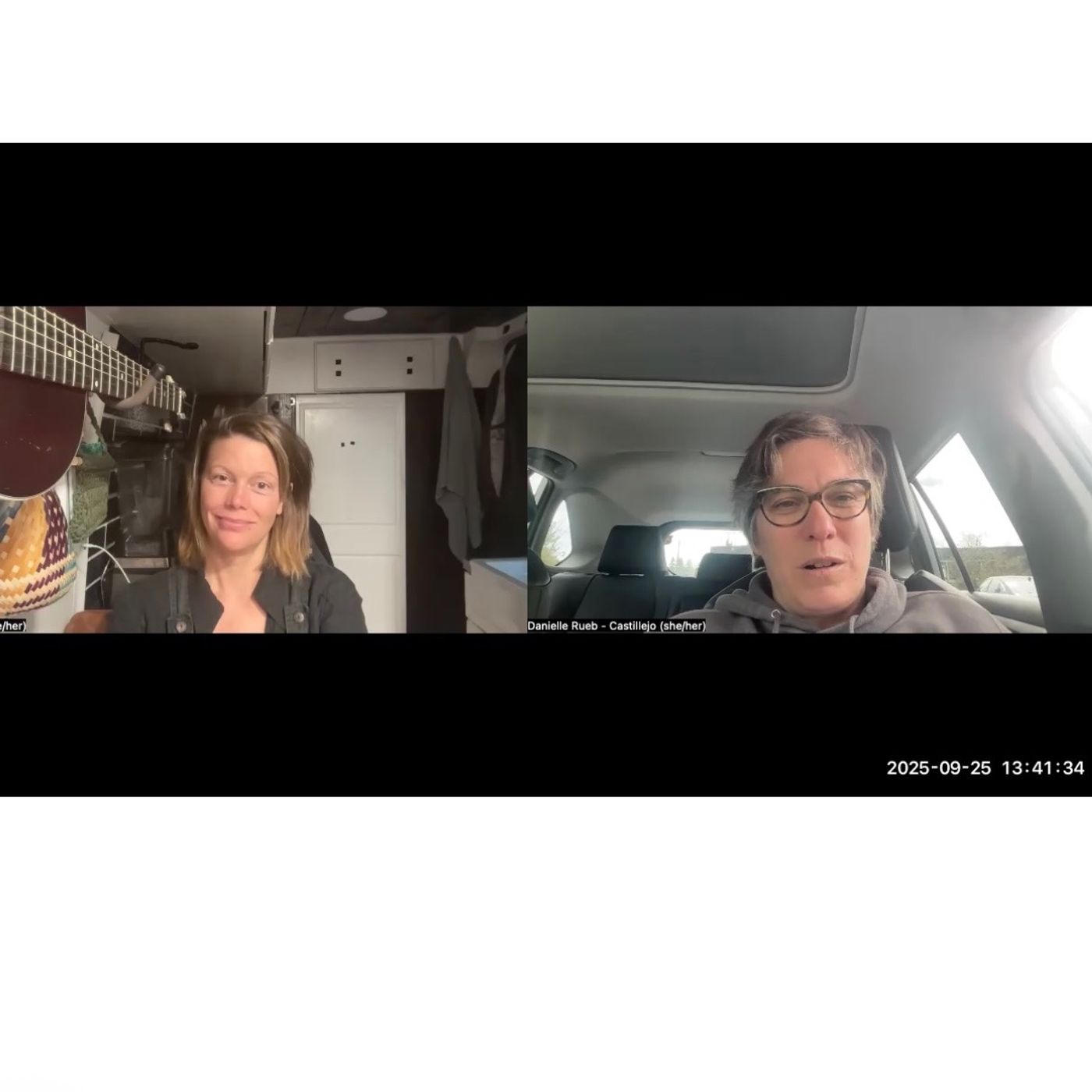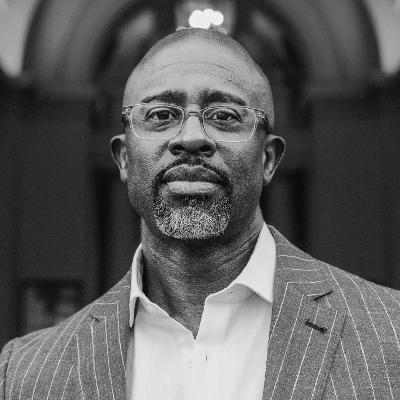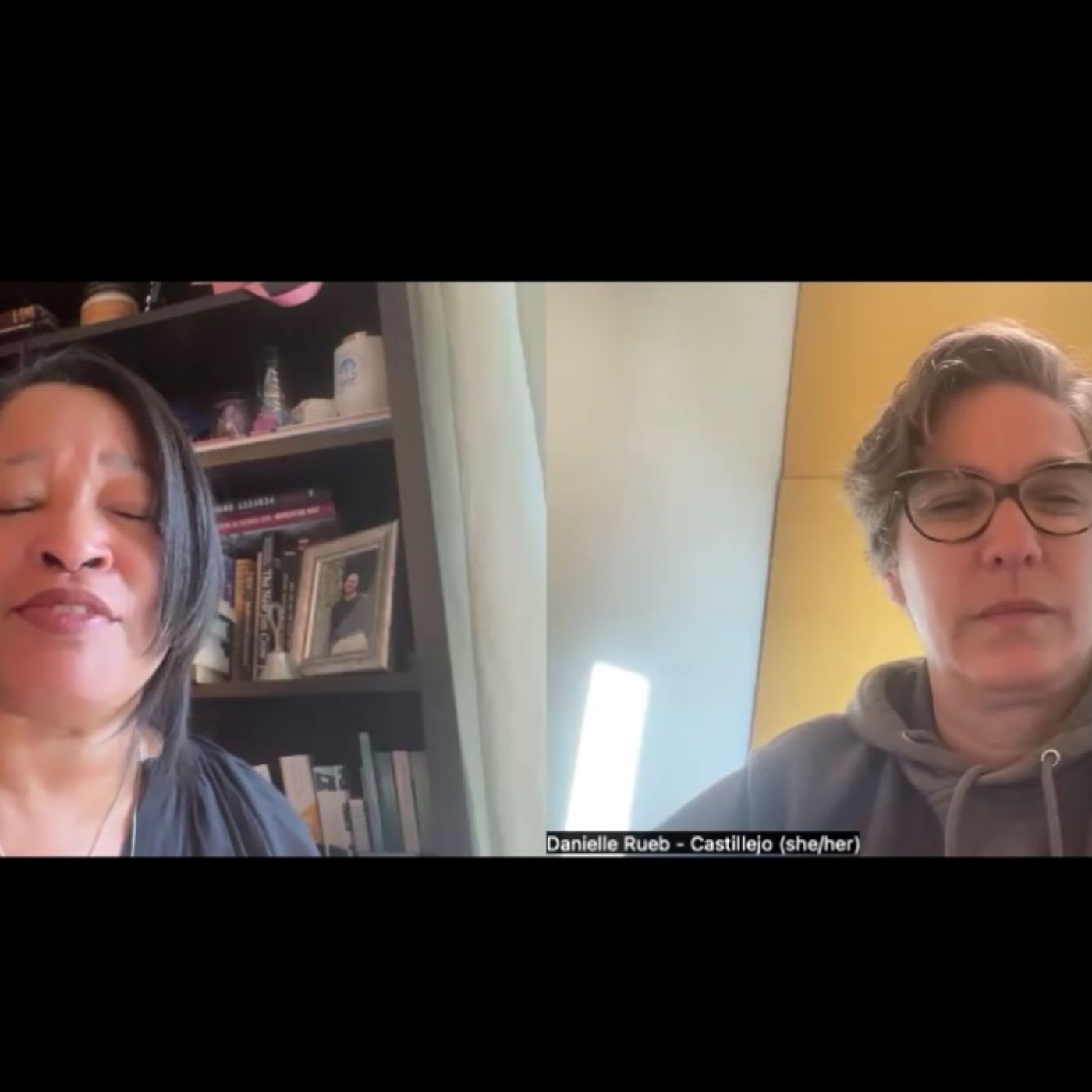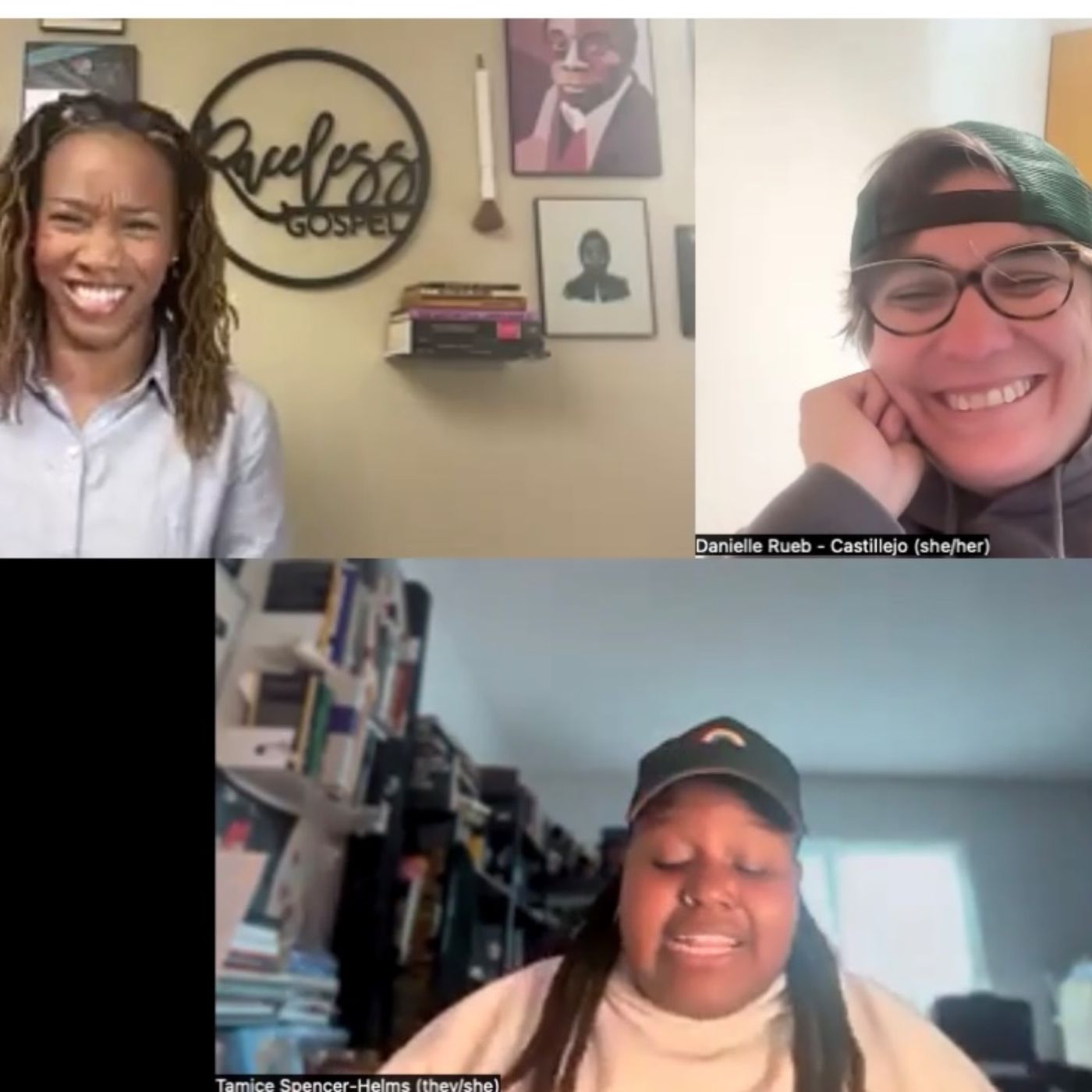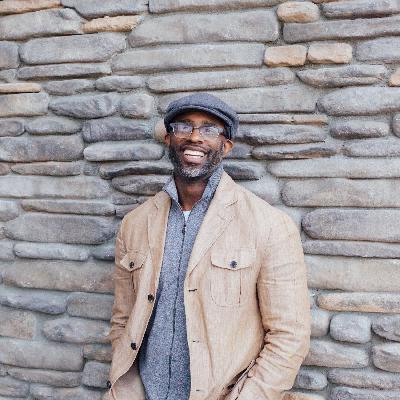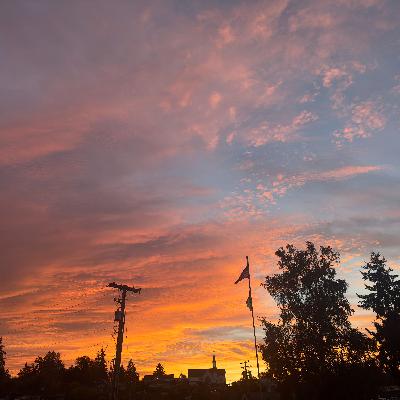Season 6, Episode 10: Jenny McGrath and Sandra Van Opstal of Chasing Justice talk about Chicago and Resilience
Description
BIO: Sandra Van Opstal
EXECUTIVE DIRECTOR AND CO-FOUNDER OF CHASING JUSTICE
Sandra Maria Van Opstal, a second-generation Latina, is Co-Founder and Executive Director of Chasing Justice, a movement led by people of color to mobilize a lifestyle of faith and justice . She is an international speaker, author, and activist, recognized for her courageous work in pursuing justice and disrupting oppressive systems within the church. As a global prophetic voice and an active community member on the west-side of Chicago, Sandra’s initiatives in holistic justice equip communities around the world to practice biblical solidarity and mutuality within various social and cultural locations.
https://chasingjustice.com/sandra-van-opstal/
Giving in Chicago:
Ordg to follow in chicago
Tshirt
https://secure.qgiv.com/for/peoplearenotillegalt-shirt/
Danielle (00:09 ):
good afternoon, y'all. I have a second video coming to you from my dear friend and colleague in Chicago, Humboldt Park area, a faith leader there that collaborates with the different faith communities in the area. And she's going to talk about some ways she's personally affected by what's happening by the invasion there and how you can think about things, how you might get involved. I hope you'll join me in this conversation and honor yourself. Stay curious, honor, humanity, get involved. Take collective action. Talk to your own neighbor. Let's start caring really well for one another.
Oh wow. Sandra, you know me. This is Jenny McGrath. This is my colleague. She's a bible nut. She wrote out the Bible How many times?
Like scripture nut and a researcher, a therapist and purity culture, kind of like Survivor, but did a lot of work with women around that. And we talk a lot about race and current events. And I restarted my podcast and I asked Jenny if she'd want to join me. She has a great love for justice and humans and making a difference. So that's kind of how Jenny joined up with me. Right. Anything else you want to say?
Sandra, I saw your post on social media and I was like, I could do that. I could contribute to that. And so that's what I'm here to do. Want to hear about your experience. What does resilience look like for you all over there? What do you need from us? How can we be a part of what's happening in Chicago from wherever we are? And if there's practical needs or things you want to share here, we can also send those out.
Yeah. Can you tell us a little bit about who you are, what you do, where you're located in Chicago, and just a little bit even about your family, if you're willing?
Sandra (01:40 ):
Yeah, sure. So it's great to be with you guys. I'm Sandra Van Opal and I'm here on the west side of Chicago in a neighborhood called Humble Park. It's if you see in the news with all that's happening, it's the humble Hermosa, Avondale kind of zone of the ice crackdown. Well, let's not call it a crackdown. The ice invasion
(02:06 ):
Here in Chicago. I am the daughter of immigrants, so my mom is from Columbia. My father was from Argentina. They came to live in Chicago when they were in their twenties and thirties. They met in English class, so they were taking TOEFL exams, which is an exam you take in order to enter into college and schooling here in the US to show your language proficiency. And so they met learning English and the rest is history. I grew up here. I've lived here my whole life. I'm raising my family here. I'm married. I have two kids that just turned 11, so they're in fifth grade and sixth grade. And the school that they go to is a primarily immigrant school immersion, Spanish immersion. So it's a school where you take classes basically 90% in Spanish when you start and you move every year a little bit more English until you graduate when you're 50 50.
(03:03 ):
And so the school context they've been in has been receiving a lot of new neighbors, a lot of new classmates. And for that reason, actually most of their classes are still almost fully in Spanish, so they should probably be 60 40 right now. But I think a lot of their curriculum is still in Spanish, or the children have the option of having the math book in Spanish or English if they want it. If they're supposed to be English Spanish, or sorry, English math this year, then they might choose to have a Spanish book even if the instruction is in English. So that's the context I live in. I am here. I live in a home. I have chickens and a garden, and I love to be outside watching my neighbors and connecting with people. And we have a black club in our community, so a lot of our information that we're sharing with each other is through our email list and our signal group. Yeah. Oh, also what I do, I run an organization called Chasing Justice, which is focused on the intersection of faith and making the world a better place. And I am a local pastor and author on issues of worship and justice. So that's my function in this world.
Danielle (04:31 ):
I think we talk about what's happening in one sense, it seems like social media and other ways like Zoom, we're on a screen with Zoom and we're all in three different locations right now. We think of ourselves as really connected. But then when tragedy strikes or trauma or an invasion, for instance, strikes, we're connected, but it seems like we're also disconnected from one another and the practical needs and storytelling on the ground, and what does resilience look like for one person versus another? Or what does survival versus thriving look like for one person versus another? And how do we kind of join together and form a collective bond in that? I've been thinking a lot about that after I read your post Sandra on Instagram and what does that mean for me? And just as I'm talking, what does that mean for you or what are thoughts that come to mind for you?
Sandra (05:27 ):
Yeah, I am think I remember what posts you're referring to, but I think part of it is whenever something happens in our world, I believe that because of the highly digitally connected world that we're in, it feels like we are all supposed to say something. That's how we respond. Something happens and we all go, that's not right, which I think is good, we should say that, but I think the frustration, I'm sure people in LA and DC felt that, but it's like something is happening in your real life every day to your neighbors and everybody all around the country is commenting on it and commenting with such confidence and commenting with such expertise, and you're like, wait a minute. That's not how I would say that. And I think the reason that maybe that post came up for me as a kind of, it was less frustration and more sorrow, I think it felt more, more sorrow that the people that are most impacted by the issues are not the ones that are given the voice to talk about how those systems of oppression are impacting them. And I think the reason I think about things like that is I remember when I first started pastoring locally here. I mean, I had been working for a parachurch organization doing national and international work. I really felt like it was time for me to become a local pastor to understand, hey, if I'm going to be writing to pastors and speaking to pastors and challenging pastors, I should probably know what it's like to be one. And so I was supposed to be a five year stint, which ended up being 12 years pastoring locally.
(07:08 ):
And in my discussions with my staff team, I would often have one of them very respectfully, I was the executive pastors in a community with hierarchy. So they would very respectfully say, Hey, your friends that are out there blogging and writing articles and books, they're talking about stuff in ways we would never talk about it. They're talking about it in a tone that we would never use to talk about our situation and with words we would never use to describe our situation. And it's not that my friends maybe didn't have a perspective, it's that it didn't reflect their perspective. And so I think I became very sensitive to that, paying attention to, oh, how do expert justice people talk about issues of justice versus the people that are most impacted by those issues of injust

